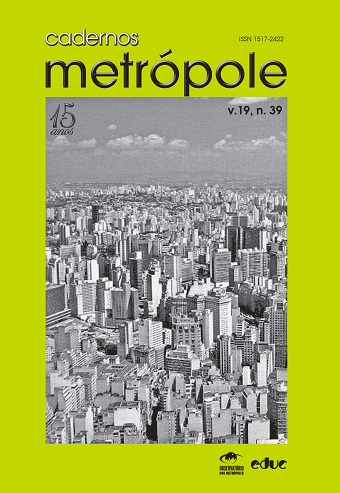Tourism gentrification in Lisbon: neoliberalism, financialization and austerity urbanism in the period of the 2008-2009 capitalist post-crisis
Keywords:
tourismgentrification, financialisation, neoliberal urban policy, austerity urbanism, LisbonAbstract
In this paper, I intend to identify important drivers of the financialisation of the built environment and of the real state sector that are at the root of the wave of tourism gentrification that has been occurring in Lisbon in the last decade. The recent neoliberal turn in urban policy in Portugal will be analyzed, as it is responsible for creating the conditions for an austerity urbanism, legitimating the ideology of the "natural" and "inevitable" necessity of touristification in Lisbon’s historic districts, in the period of the 2008-2009 capitalist post-crisis. In the rhetoric of urban marketing and neoliberal rationality, this neoconservative turn in city government aims to make Lisbon a more competitive city, attracting foreign investment, visitors, tourists, tying the flows of real estate capital to its built environment, in a frame of globalization of competition between cities and places.Downloads
Published
How to Cite
Issue
Section
License
A revista não tem condições de pagar direitos autorais nem de distribuir separatas.
O Instrumento Particular de Autorização e Cessão de Direitos Autorais, datado e assinado pelo(s) autor(es), deve ser transferido no passo 4 da submissão (Transferência de Documentos Suplementares). Em caso de dúvida consulte o Manual de Submissão pelo Autor.
O conteúdo do texto é de responsabilidade do(s) autor(es).


